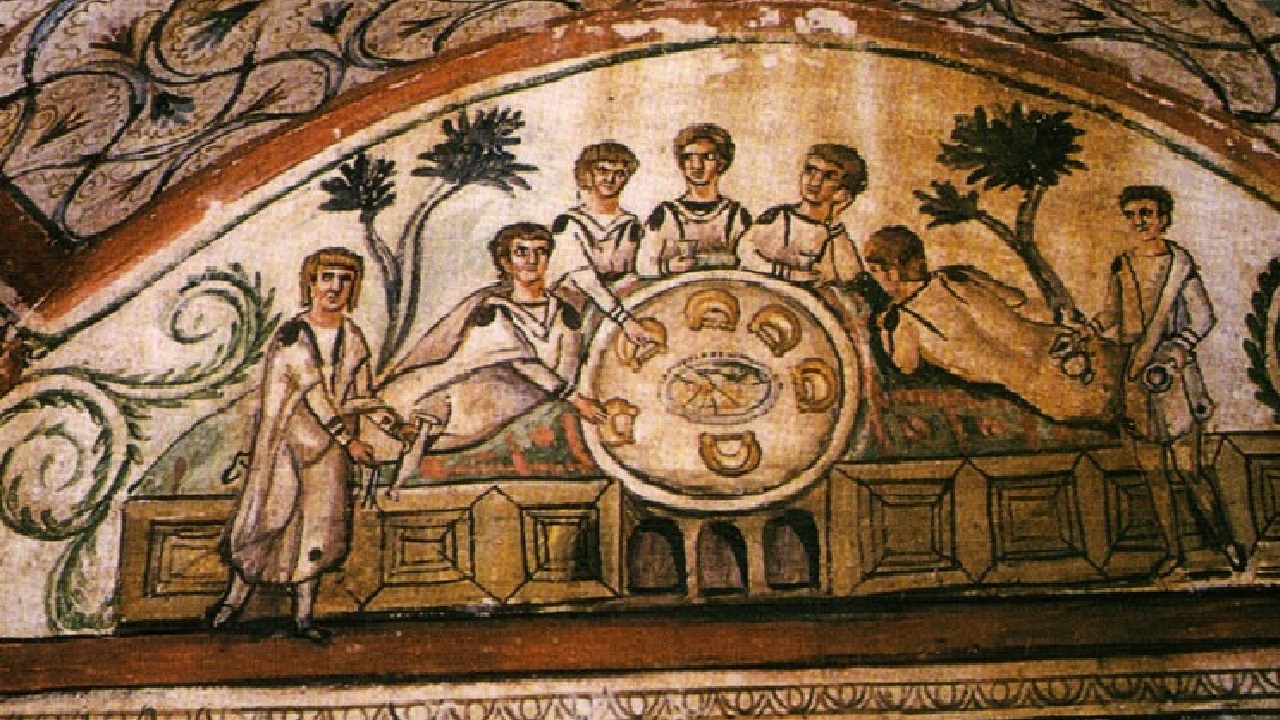Revised English Version by Spirit Truth Fellowship
The first resurrection will include all the righteous people from Genesis through the Battle of Armageddon, with the exception of the Christian Church, because Christians will have been Raptured into heaven before the Tribulation started.
https://www.revisedenglishversion.com/comm/Acts/24/15/1
“There is no reason to baptize in water today.”
https://www.revisedenglishversion.com/Acts/chapter1/5 [changed online recently]
Many things have been added by various teachers or denominations to the simple truth that all a person had to do to be saved was trust in Jesus; that he died, was raised, and is Lord. Some of those wrongly added things include: being water baptized, confessing one’s sins, believing in the Trinity, going to church regularly, not sinning after “getting saved,” and not committing a “mortal” sin.
https://www.revisedenglishversion.com/Genesis/chapter15/6
Jesus did not mention baptism because it was not essential in order to be saved.
https://www.revisedenglishversion.com/John/chapter3/5
Many theologians do not believe Jesus could have been inaccurate in what he said about the timing of the coming of his kingdom in spite of the fact that many Old Testament prophets had been inaccurate about it…
https://www.revisedenglishversion.com/Matt/17/2
Mark 16:16 was added, and that makes sense because as Christianity developed in the decades after Christ’s ascension, the doctrine that water baptism was necessary for salvation became a part of Church doctrine, even though it had never been a doctrine before then.
If someone did want to insist that Mark 16:16 is original and a person had to be “baptized” to be saved, then the “baptism” in the verse would not refer to baptism in water but to baptism in holy spirit. In that case, the statement “Whoever believes and is baptized [in holy spirit] will be saved” would be true, because at the time a person believes, he is baptized in holy spirit, and then his salvation is assured.
https://www.revisedenglishversion.com/comm/Mark/16/16/1
Speaking in tongues should give Christians confidence that they are saved, because speaking in tongues is the external manifestation of the internal presence of the gift of holy spirit, and it shows that they have the gift of holy spirit and are saved. Many people assume that if a person does not behave “like a Christian,” then they are not a Christian, but a person does not become a Christian by doing good works, and they do not lose their New Birth if they do bad works.
https://www.revisedenglishversion.com/comm/Acts/11/26/1
The Christian’s salvation is secure. Some have said, “But the Christian can renounce his love for God and then lose his salvation.” That is clearly not what these verses say. They teach that “nothing” shall be able to separate a saved person from God. When a person is saved, his very nature is changed. He becomes a “new creation.” No person can undo that by a simple act of the will.
https://www.revisedenglishversion.com/comm/Rom/8/37/1
The point of the verse is that if a Christian “brings the Church into a worse state,” that Christian will be “brought into a worse state” by the Lord at the Judgment. In other words, no one mars the Church without personal consequences. This verse is one of the many in the NT that contrasts salvation with rewards. A Christian who mars the Church will not lose their salvation, but they will lose rewards.
https://www.revisedenglishversion.com/comm/1Cor/3/17/1
The Christian’s salvation is secure, and that is stated clearly and in many different ways. Despite the fact that our salvation is secure, our rewards are not. It is possible for a Christian to enter Paradise “naked” (1 Cor. 3:12-15) and ashamed (1 John 2:28; Mark 8:38). The Christian who practices flagrant sin has everlasting life but will have no “inheritance” on the New Earth in the Millennial Kingdom. We must remember that the word “inherit” can refer either to everlasting life (cf. 1 Cor. 15:50) or to the inheritance as a reward in Paradise (Col. 3:24).
https://www.revisedenglishversion.com/comm/1-Corinthians/chapter6/9 [changed online recently]
In 1 Corinthians 6:15, where Paul says that we are “members of Christ” and we should not “take away” the members of Christ and make them members of a prostitute. That verse should grab our attention because when a Christian sins, including sexual sin, he does not lose his salvation.
https://www.revisedenglishversion.com/comm/1Cor/6/18/1
God sealed us as His property, and nothing we can do can break God’s seal on us. Our salvation is guaranteed.
https://www.revisedenglishversion.com/comm/Eph/4/30/1
…ordinarily the term “brother or sister” would refer to fellow Christians, but fellow Christians already have life, and beyond that, sinning does not annul one’s everlasting life. If it did, then no one would be saved because everyone, including every Christian, sins.
https://www.revisedenglishversion.com/comm/1John/5/16/1
There are some theologians who argue that salvation is guaranteed only to those who remain faithful to Christ throughout their whole lives, but that is not what the text of Ephesians says. There is no “if” in God’s saying that the holy spirit is a deposit that guarantees us our future inheritance. But more to the point, if what the Church Epistles are saying is that a person will be saved only if they remain faithful to God, then there is nothing new about that message; it is the same message that is in the Old Testament and Gospels. If the “guarantee” of salvation in the Church Epistles is really just the same message that the Bible has proclaimed since Genesis, then either the Church Epistles should not use the word “guarantee” or the whole Bible should use it. It is essential to recognize that when God changes vocabulary in the Bible, it is a signal that something is important. In the Church Epistles God uses new vocabulary that is not used in the Old Testament or Gospels in order to describe the new reality of permanent salvation and the new reality that Christians have a “guarantee” of their salvation.




